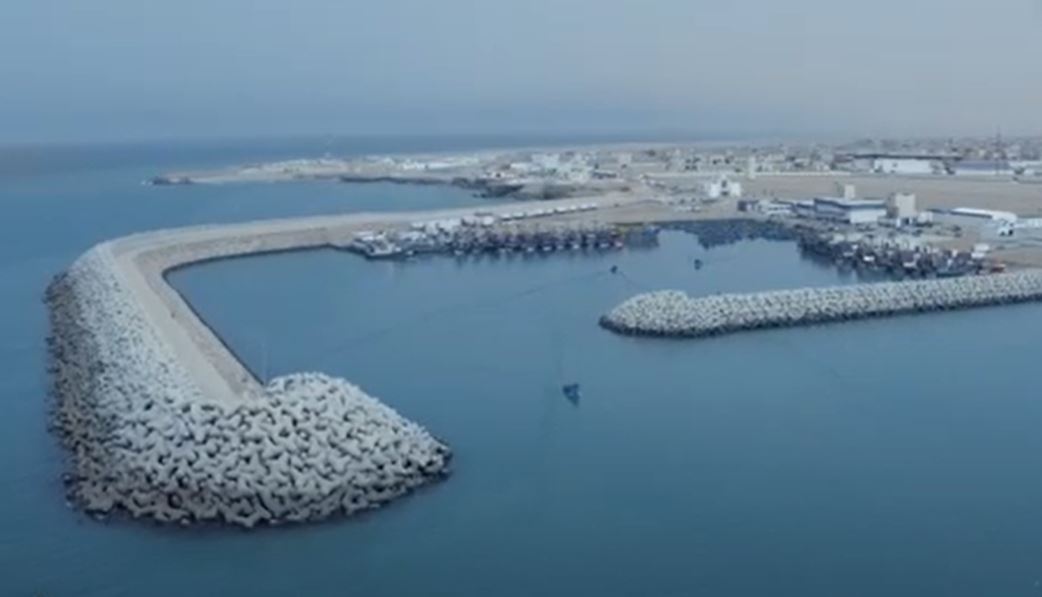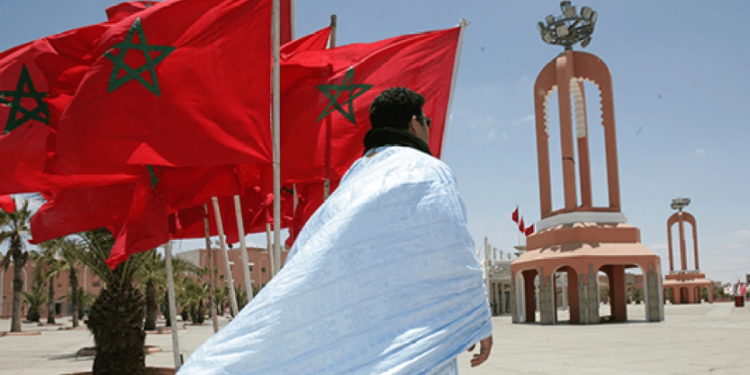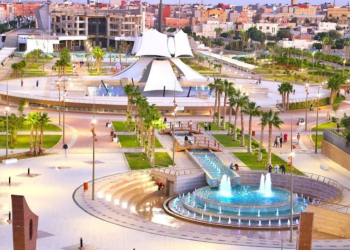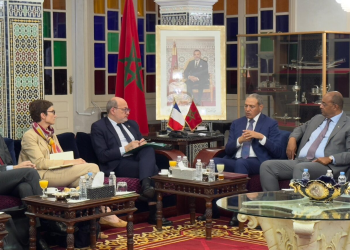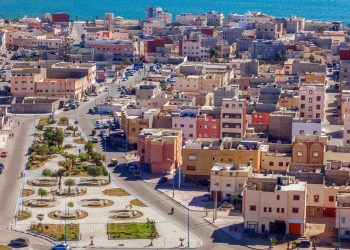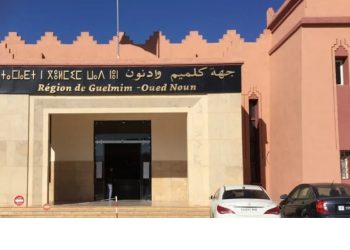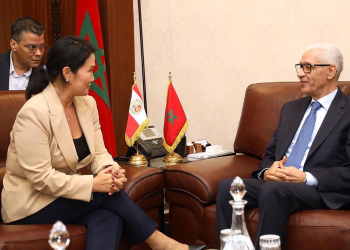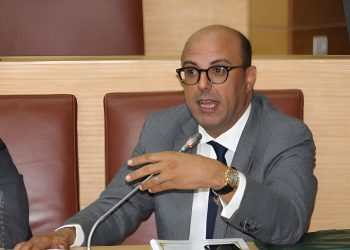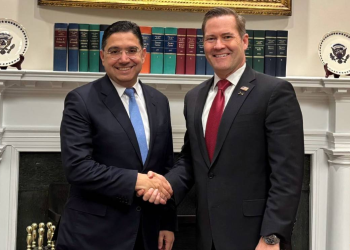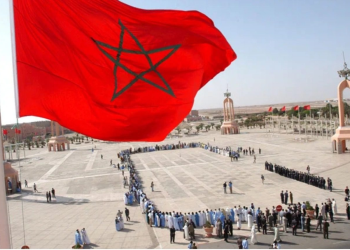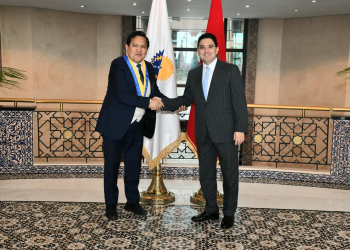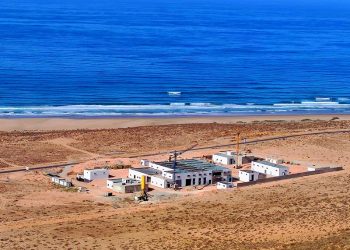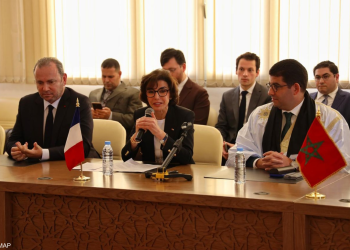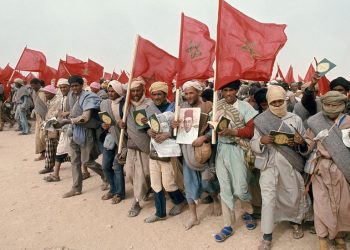الرئيسية
بوروندي تجدد تأكيد دعمها للوحدة الترابية للمغرب وسيادته على صحرائه
جددت جمهورية بوروندي، اليوم الاثنين، تأكيد دعمها للوحدة الترابية للمغرب ولسيادة المملكة على صحرائها. وجرى التعبير عن هذا الموقف من قبل الوزير البوروندي للشؤون الخارجية، ألبرت شينجيرو، في بيان مشترك وقع بمناسبة انعقاد الدورة الأولى للجنة التعاون المشتركة بين المملكة المغربية وجمهورية بوروندي بالرباط، التي ترأسها بشكل مشترك مع وزير الشؤون الخارجية والتعاون الإفريقي والمغاربة المقيمين بالخارج، ناصر بوريطة. وفي هذا البيان المشترك، أشاد رئيس الدبلوماسية البوروندية بالدينامية الدولية التي أعطاها صاحب الجلالة الملك محمد السادس منذ سنوات لمغربية الصحراء ودعما للمبادرة المغربية للحكم الذاتي. كما جدد التأكيد على الموقف الثابت لجمهورية بوروندي لصالح الوحدة الترابية للمغرب وسيادته على كامل ترابه، بما في ذلك جهة الصحراء، مجددا تأكيد دعم بلاده لمخطط الحكم الذاتي الذي قدمته المملكة، باعتباره الحل الوحيد ذي المصداقية والواقعي لتسوية هذا النزاع الإقليمي. ونوه السيد شينجيرو، أيضا، بجهود الأمم المتحدة باعتبارها الإطار الحصري للتوصل إلى حل واقعي، عملي ودائم للنزاع حول الصحراء. (ومع: 12 ماي 2025)
آخر الأخبار
العيون - منظر بانورامي
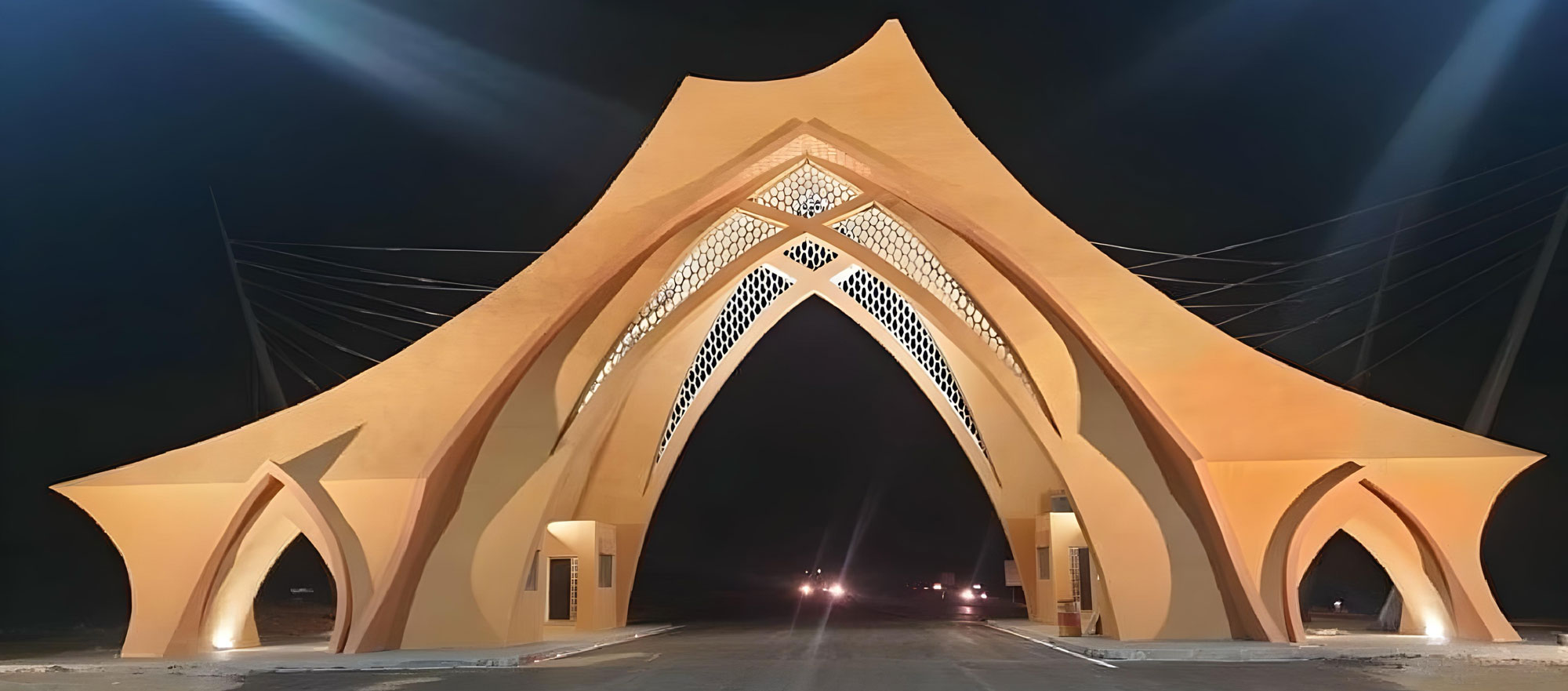
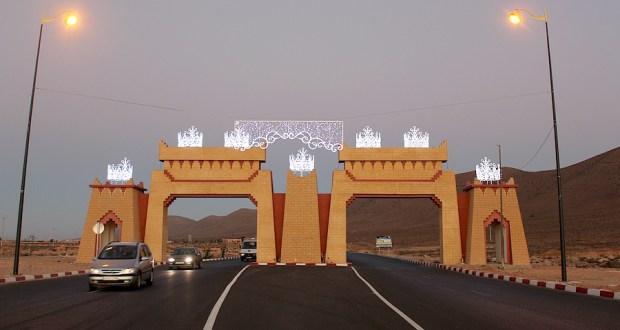
كلميم - منظر بانورامي
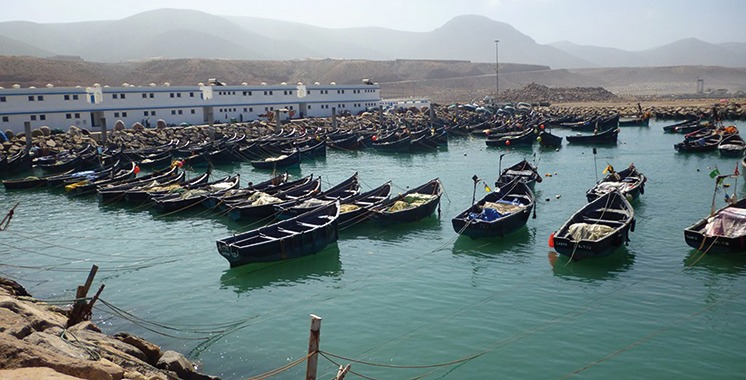
سيدي إفني - منظر بانورامي
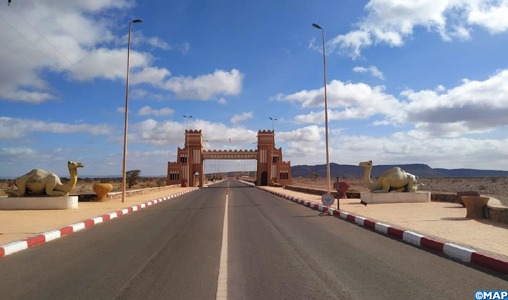
ASSA-ZAG - منظر بانورامي
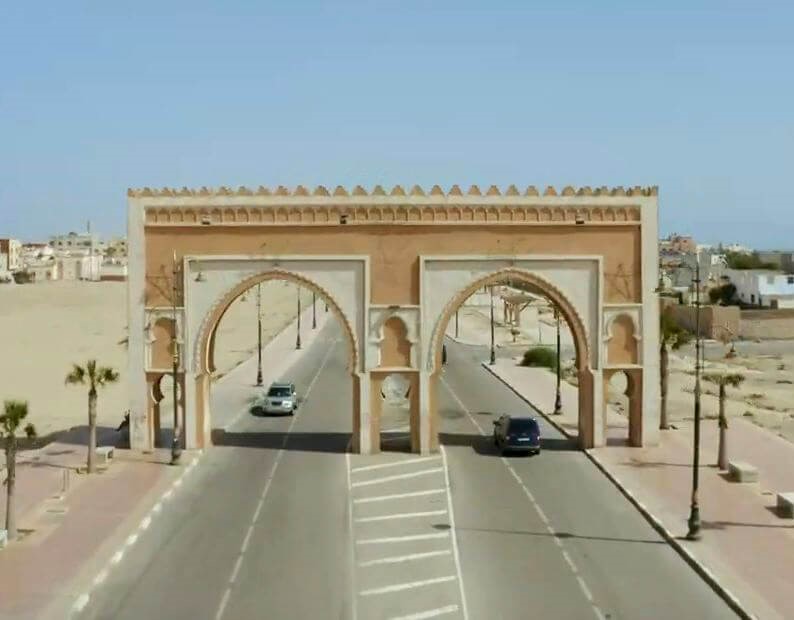
الداخلة - منظر بانورامي
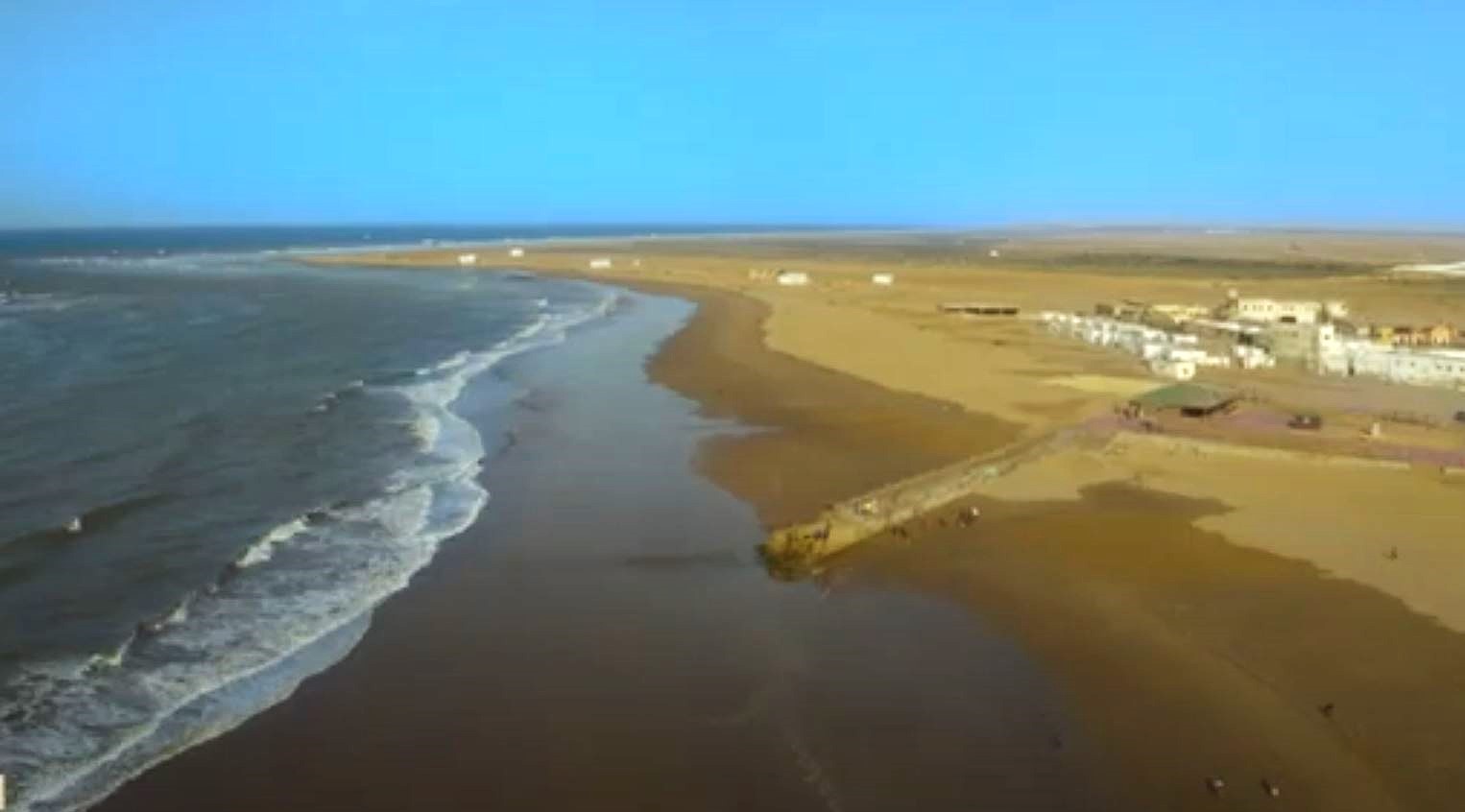
طرفاية - منظر بانورامي
